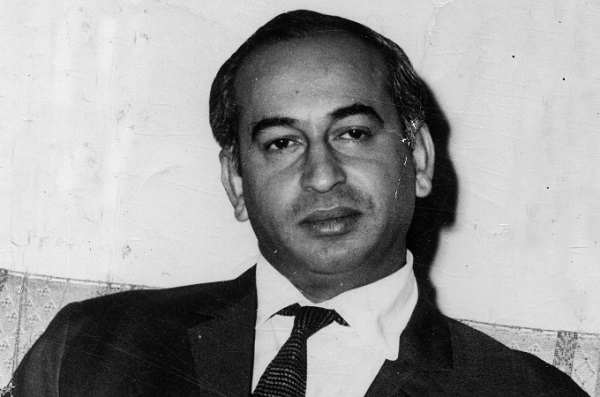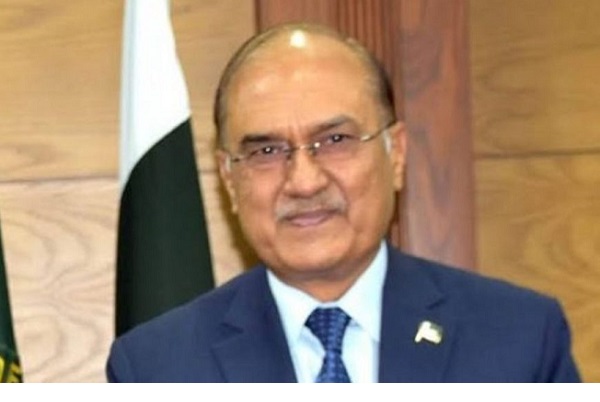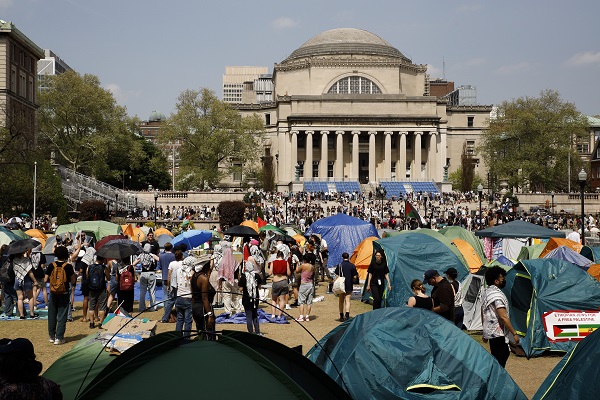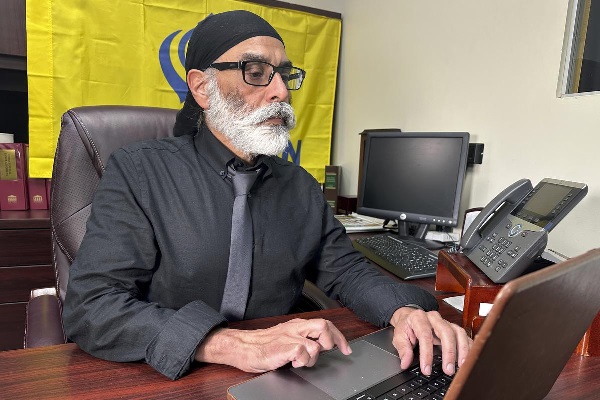ISLAMABAD: Former defence secretary Lt-Gen (r) Naeem Lodhi has proposed an end to incendiary discourse against institutions,
ISLAMABAD: The Supreme Court finally corrected a historic wrong after a delay of over 44 years by accepting that the murder trial of former prime minister Zulfikar Ali Bhutto was unfair and lacked due process, both at the trial stage and in the endorsement of the verdict by the appellate court.
“The proceedings of the trial by the Lahore High Court and of the appeal by the Supreme Court do not meet the requirements of the fundamental right to a fair trial and due process enshrined in Articles 4 (right of individuals to be dealt with in accordance with the law) and 9 (security of person) of the Constitution and later guaranteed as a separate and independent fundamental right under Article 10A of the Constitution (due process),” Chief Justice of Pakistan (CJP) Qazi Faez Isa announced on Wednesday.
The CJP pronounced top court’s opinion on the long-pending presidential reference to answer whether it could revisit the 1979 judgement that sent former prime minister Zulfikar Ali Bhutto to the gallows, a verdict that Pakistan Peoples Party (PPP) and jurists regard as a historic wrong.
A nine-judge bench had taken up the reference, filed in April 2011 on behalf of ex-president Asif Ali Zardari, to seek an opinion on revisiting the death sentence in the Z.A. Bhutto case, under the Supreme Court’s advisory jurisdiction.
In March 1979, nearly two years after his government’s ouster by General Ziaul Haq, a seven-judge SC bench had, in a split four-to-three verdict, upheld the LHC’s awarding of a death sentence to the former premier.
Ex-PM’s teary-eyed grandson Bilawal Bhutto-Zardari, who was standing at the rostrum inside Courtroom No. 1, breathed a sigh of relief the moment he heard the court’s determination.
Later, in his interaction with the media outside the Supreme Court building, Mr Bhutto-Zardari described the opinion as historic, saying his party will wait for the detailed opinion with bated breath.
Former additional attorney general Tariq Mehmood Khokhar was also of the opinion that this heralded a new era of admitting past mistakes, with the implication that the court does not want to repeat them.
“Our history is replete with institutional wrongs; hitherto, there was no precedent for any public mea culpa (admission of guilt) from an institution,” he said.
Wednesday’s short order, the detailed reasons of which will follow soon, explained that the Constitution and law do not provide a mechanism to set aside the judgement that convicted and sentenced Mr Bhutto, since that verdict had attained finality after the dismissal of the review petition by the apex court.
In its opinion, the Supreme Court rendered its view on all the questions posed in the reference one-by-one, explaining that during the course of performing their core duty to administer justice “in accordance with the Constitution and the law”, judges were bound to do right to all manner of people, according to law, without fear or favour, affection or ill-will.
There have been some cases in our judicial history, the opinion explained, that created a public perception that either fear or favour deterred the performance of our duty to administer justice in accordance with the law.
“We must, therefore, be willing to confront our past missteps and fallibilities with humility, in the spirit of self-accountability and as a testament to our commitment to ensure that justice shall be served with unwavering integrity and fidelity to the law,” observed the opinion.
“We cannot correct ourselves and progress in the right direction until we acknowledge our past mistakes,” the opinion stated.
The question of law, in essence, was whether the requirements of due process and fair trial were complied with in the murder trial of Zulfikar Ali Bhutto by the trial and appellate courts.
The first question was whether the two decisions met the requirements of the fundamental rights.
The second question was whether the conviction leading to Mr Bhutto’s execution could be termed a decision of the Supreme Court, binding on all other courts.
The opinion said the questions did not specify the principle of law enunciated by the Supreme Court in the Zulfikar Ali Bhutto case, therefore, it cannot be said whether any principle of law enunciated in the case has already been dissented to or overruled.
Likewise, a third question was whether in the peculiar circumstances of this case, awarding and maintaining a death sentence was justified, or could it amount to deliberate murder, in view of the glaring bias against Mr Bhutto.
The opinion said that in its advisory jurisdiction, the apex court cannot reappraise the evidence and undo the decision. However, in its detailed reasons, the court said it would identify the major constitutional and legal lapses that had occurred with respect to fair trial and due process.
You May Also Like
NEW YORK: Columbia University began suspending student demonstrators on Monday after they defied an ultimatum to disperse.
WASHINGTON: Senior officials of India's notorious Research and Analysis Wing (RAW) have reportedly been involved in approving the






